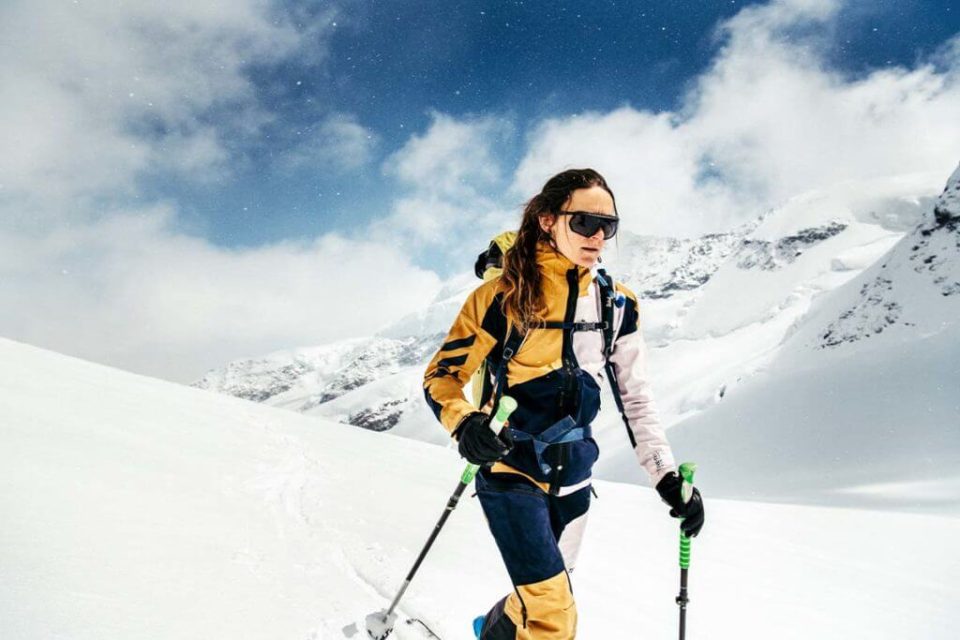The colder months are fast approaching, and as the temperature drops, the winter stoke starts to rise. If you want to make the most out of the ski season, there are a few exercises you can start doing now that will help ensure you’re in top shape before the slopes open.
Ski and snowboard fitness is built on three pillars; balance and coordination, muscular strength and power, and muscular endurance. Improve all three, and you’ll see a big difference in your abilities on the mountain. Whether you plan on hitting the backcountry or sticking to the groomed runs, start preparing now using these exercises.
How To Train for Skiing
- When you should start: When is your first ski day? Start incorporating these exercises into your workout routine about eight weeks before you plan to hit the slopes.
- How often you should workout: It takes about 5 minutes to complete one round of these exercises. Start by integrating three rounds into your workouts three to four times a week. Increase the number of rounds as your abilities improve.
- Don’t forget about cardio: You’ll need a certain level of cardiovascular endurance to take full advantage of your ski days. Be sure to continue boosting your heart rate with activities like running, biking, etc.
Exercises For Ski Season
Focus on the exercises in the pillars below to build your ski fitness.
Pillar 1: Balance & Coordination
Exercise: Marching Wall Sit
What it does: This exercise focuses on helping you transfer weight from one foot to the other while maintaining good postural stability and control—both of which will help you keep your balance when you hit unexpected bumps.
Exercise: Single Leg Deadlift
What it does: This is a dynamic, single-leg exercise that challenges your balance while also strengthening your glutes—a key muscle for building stability.
Exercise: Single Leg Front To Back Hop
What it does: This exercise will help you improve your reaction time and coordination. Do this movement with an emphasis on building up your speed. Limit the amount of time your foot is on the ground to fire up your nervous system.
Pillar 2: Muscular Strength & Power
Exercise: Skier Jumps
What it does: This movement will help you work on two key things—absorbing forces and transitioning quickly into generating force. It mimics a skier’s path down the hill.
Exercise: Jump Squats
What it does: This is a great leg strength and power exercise that will prepare your body for the impact it will encounter on the mountain.
Pillar 3: Muscular Endurance
Exercise: Speed Skaters
<span data-mce-type=”bookmark” style=”display: inline-block; width: 0px; overflow: hidden; line-height: 0;” class=”mce_SELRES_start”></span>
What it does: Focus on doing this exercise for longer stretches of time to challenge the muscular endurance in your legs. You’ll need that kind of strength for long days on the slopes!
Exercise: Wall Sit
<span data-mce-type=”bookmark” style=”display: inline-block; width: 0px; overflow: hidden; line-height: 0;” class=”mce_SELRES_start”></span>
What it does: This exercise will also help you build muscular endurance that you will need to get down longer runs without the need for too many breaks.
Remember, Recovery Is Key
Training adequately for ski season means you’ll kick off your winter ready to take full advantage of the mountain sports you love. Still, make sure you incorporate rest and recovery—both during your training and also during those first few weeks of winter. Skiing demands a lot of your body. Allow yourself to fully recuperate after workouts and weekends on the mountains to prevent an early-season injury from derailing your winter.
***
,

